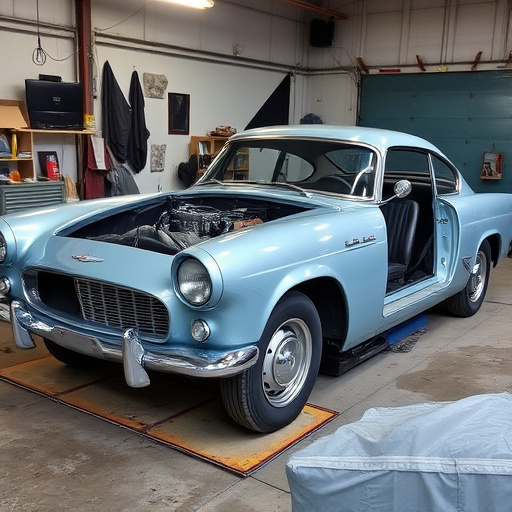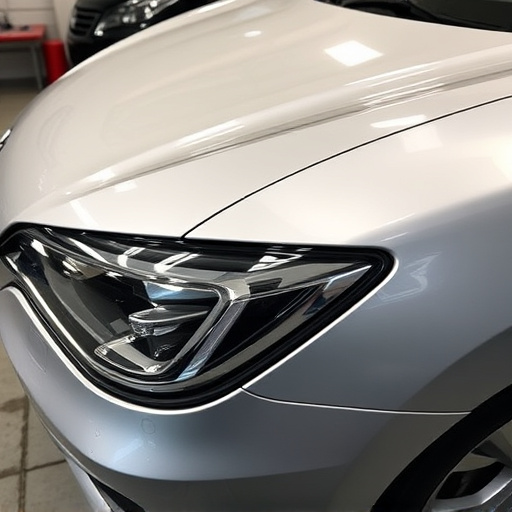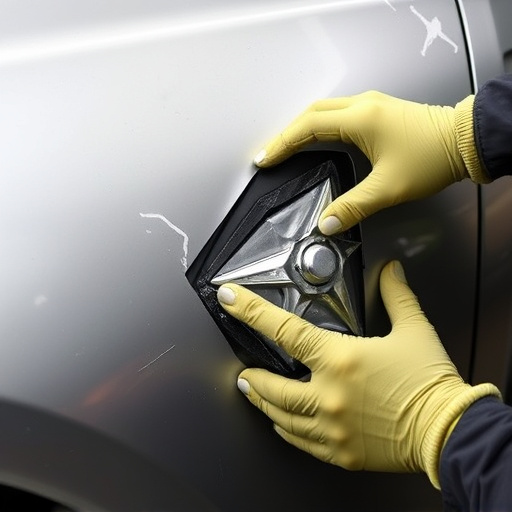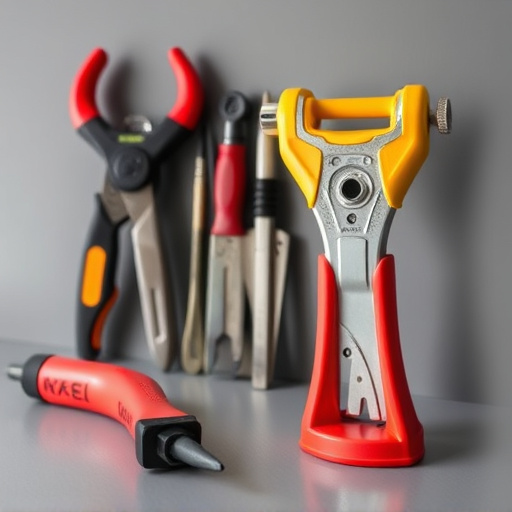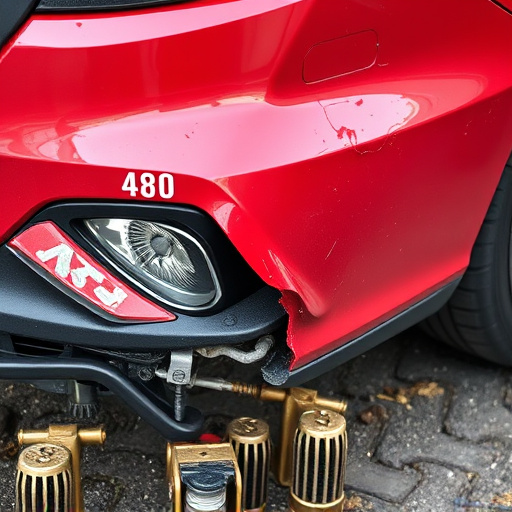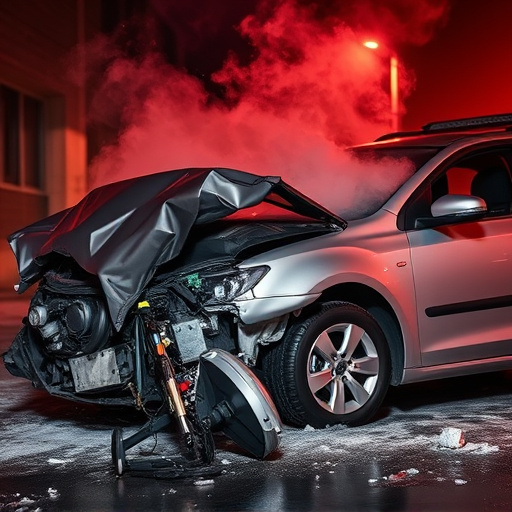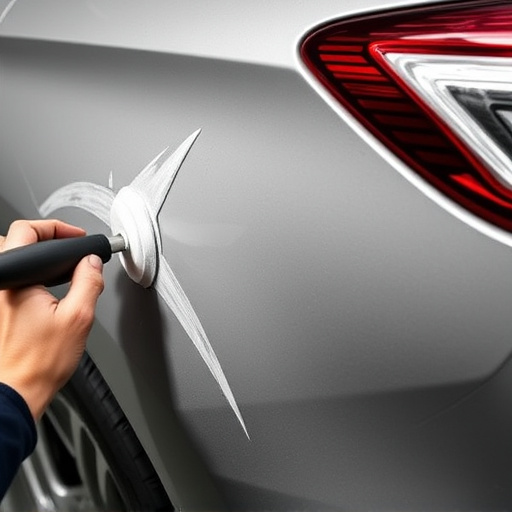Understanding total loss involves recognizing when repair costs surpass a vehicle's value due to significant structural damage. Accurate accident repair estimates from reputable auto body shops are crucial. Compare estimates, choose shops using OEM parts for quality, and consider reviews. Major structural damage or repair costs exceeding pre-accident value indicate a total loss.
“Thinking about a total loss after an accident? Navigating the decision can be tricky, especially when considering the cost of accident repair estimates. This guide breaks down when it’s applicable and what to look for in these estimates. Understanding total loss isn’t just about damage visibility; it’s a strategic choice based on various factors. We’ll explore key considerations before deciding on a total loss declaration, ensuring you make an informed decision regarding your vehicle’s future.”
- Understanding Total Loss: When Is It Applicable?
- Analyzing Accident Repair Estimates
- Factors to Consider Before Deciding on Total Loss
Understanding Total Loss: When Is It Applicable?

Understanding Total Loss: When Is It Applicable?
In the event of an accident, the first step in determining the course of action is to assess the damage through accurate accident repair estimates. A total loss, also known as a write-off or a total vehicle loss, occurs when the cost of repairs exceeds the car’s actual value. This scenario is particularly relevant when the vehicle has sustained significant structural damage that cannot be adequately restored. The concept of total loss goes beyond mere cosmetic repairs; it involves evaluating the overall integrity and functionality of the vehicle.
When considering a total loss, it’s crucial to consult with a reputable car body shop or engage in thorough research regarding auto painting and body shop services. The decision should be based on professional advice and detailed estimates that factor in parts replacement, labor costs, and potential hidden damage. By understanding the applicable circumstances, drivers can make informed choices, ensuring they receive fair compensation and take the appropriate steps to either replace their vehicle or proceed with necessary repairs.
Analyzing Accident Repair Estimates

When evaluating whether to proceed with repairs or consider a total loss after an accident, understanding accident repair estimates is paramount. These estimates provide a detailed breakdown of the costs involved in restoring your vehicle to its pre-accident condition. Start by scrutinizing the scope of work listed. Does it encompass all necessary auto body services, including parts replacement and labor? Compare these estimates across multiple auto collision centers to ensure you’re receiving competitive pricing.
Pay close attention to the quality of repairs promised. Reputable auto body shops will use original equipment manufacturer (OEM) parts, known for their superior fit and finish, ensuring your vehicle retains its structural integrity and aesthetic appeal. Additionally, consider the shop’s reputation and customer reviews; a well-regarded auto collision center will stand behind its work and prioritize customer satisfaction.
Factors to Consider Before Deciding on Total Loss

When deciding whether a vehicle is a total loss based on accident repair estimates, several factors come into play. Firstly, consider the extent of damage. Major structural components, such as the frame or chassis, that are bent, crushed, or significantly damaged, often indicate a total loss. Even if certain parts like the car paint repair or auto glass replacement seem minor, extensive damage to these areas can compromise the vehicle’s safety and stability.
Additionally, the cost of repairs should be evaluated against the vehicle’s pre-accident value. Auto repair shops typically provide estimates that include labor and materials. If the estimated repair costs exceed the vehicle’s market value, it may not be economically viable to proceed with the repairs. This is especially true if the vehicle is older or has accumulated significant mileage. In such cases, declaring the car a total loss might be the more practical choice.
When deciding whether a vehicle is a total loss based on accident repair estimates, it’s essential to consider multiple factors. By thoroughly analysing the estimates and understanding the scope of repairs required, you can make an informed decision. Remember that each situation is unique, so consult with insurance professionals and trusted mechanics to determine the best course of action for your specific case, ensuring you get the most fair compensation for your vehicle’s condition post-accident.
